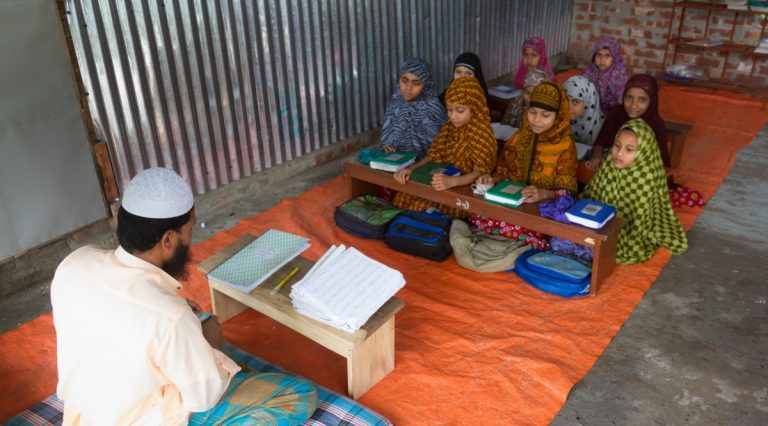
A recent study has revealed that students in countries with high ‘religiosity’ are likely to score worse than their peers in mathematics and science subjects, a result researchers say should spur governments to keep faith out of schools.
The study found “strong” negative correlation between time spent on religious education in secondary schools and the students’ overall performance in the two subjects.
“Countries that are more religious score lower in educational performance,” the study’s co-author, Professor Gijsbert Stoet, told The Independent.
The findings come as the British government revealed its budget plans to invest £320 million into new free schools, including faith-based schools.
This new policy should be reconsidered if the government wants to keep education and living standards high, according to Stoet, who says “Science and mathematics education are key for modern societies.”
“Our research suggests that education might benefit from a stronger secular approach.”
The joint research by academics at Leeds Beckett University and the University of Missouri evaluated 82 countries’ “religiosity score” on a scale of zero to 10 along with data from the Programme of International Student Assessment (PISA), OECD’s Education at a Glance and the Trends in International Mathematics and Science Study (TIMSS).
Students’ performance were based on their scores in maths and science literacy when they were 14 to 15 years old.
Yemen and other Muslim-majority countries led in terms of its high religiosity, while the five least religious countries were shown to be Czech Republic, Japan, Estonia, Sweden and Norway.
The negative correlation led the researchers to suggest a “displacement hypothesis”.
In one example, Stoet pointed to Saudi Arabia, showing how the Gulf country that devotes hours each week on faith-based classes, placed at 72nd place for religiosity but with had a mathematics score of -1.8 in 2004.
“… when children spent more of their time on religion, they will spend less time on other things,” Stoet explains.
Stoet said it was clear from the study’s findings that religiosity was “directly associated” with lower performance although he admitted the exact mechanisms of that still needed further study.
Until they are studied further, however, the self-professed atheist advised governments to keep the teaching of faith (but not religion) out of schools so as to free up more time for science and mathematics, saying: ” … my advice for policy makers is to keep education and religion separate and take a secular approach to education and educational policy.”
Liked this? Then you’ll love these…
Reverend Graham: Muslim prayer at Duke University is “a slap at the Christian faith”
Norway proposes to ban Islamic face veil in schools and universities amid security concerns







